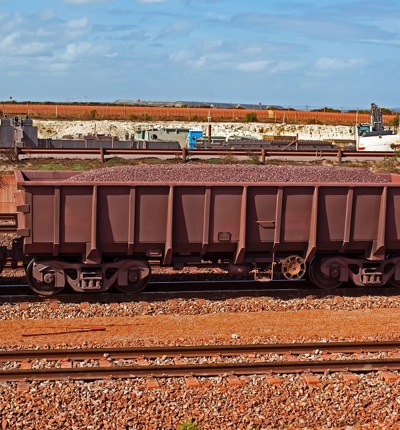
African Minerals Limited
Compensation was secured for over 100 claims of unlawful violence
Posted on 01 December 2018
Leigh Day represented 142 Sierra Leonean villagers in a case against African Minerals Limited, African Minerals (SL) Limited and Tonkolili Iron Ore (SL) Limited (the “Defendants”).
The case arose from two separate incidents which took place in Tonkolili district of Sierra Leone in 2010 and 2012. In both cases, public protests relating to the operation of the Defendants’ mine resulted in widespread unlawful violence inflicted on the community by the Sierra Leonean police.
The violence was horrific. Claimants were beaten, shot, gassed, robbed, raped, incarcerated, and included – in one case – the death of a young woman, who was shot and killed by the police.
The Claimants alleged that the Defendants instigated the police violence, were complicit in the violence (either as accessories or that they acted in a common design), and/or were negligent in failing to take adequate steps to prevent the police from committing human rights abuses. There were also specific allegations that employees of the Defendants participated in the violence and the Defendants were vicariously liable for this conduct.
The case had a long and complicated procedural history, straddling the Ebola crisis of 2014-2016. Of note:
- The Claimants’ successfully obtained an Anonymity Order in respect of key factual witnesses, who feared for their safety if their identities became known in Sierra Leone ([2018] EWHC 120 (QB)];
- Most of the Claimants’ witnesses were refused visas to travel to the United Kingdom and give evidence. The Claimants therefore applied for the judge, Mr Justice Turner, to travel to Sierra Leone and hear evidence in person as a “Special Examiner”. This application was successful – and Turner J spent two weeks in Sierra Leone hearing evidence in a makeshift courtroom at a Freetown hotel.
- Settlement was reached in 101 of the 142 cases and compensation paid.
In January 2018, the remaining 41 cases were subject to a seven week trial. 67 witnesses of fact gave evidence, including the seven anonymous witnesses. Judgment was handed down in December 2018.
Turner J found for the Defendant on all of the key points. Although he found that many of the Defendants’ witnesses lied about their movements during the two events, Turner J rejected the Claimants’ evidence that they had been physically abused by the Defendants’ employees directly. He also found against the Claimants on common design, stating that the provision by the Defendants to the police of cash, vehicles, food, and accommodation was insufficient to attract liability. Turner J further rejected the Claimants' case on negligence finding, in summary, that the Defendant lacked the necessary control over the police for liability to be established.
The Claimants appealed to the Court of Appeal in December 2019. The Court of Appeal upheld the judge’s findings on fact and law and dismissed the appeal. Leading judgment was given by Coulson LJ.
In August 2020, the Supreme Court refused the Claimants’ application for permission to appeal.
The case clarified the law on common design and liability for the intentional torts committed by third parties. It also serves as a reminder of the difficulty involved in evidential fact-finding in relation to fast-moving events involving hundreds of people.
The case is a strong reminder that litigation is not at all risk free. It further offers a stark example of the barriers placed between impoverished claimants and access to judicial remedy when they have been harmed and abused by state forces in the business and human rights context.

